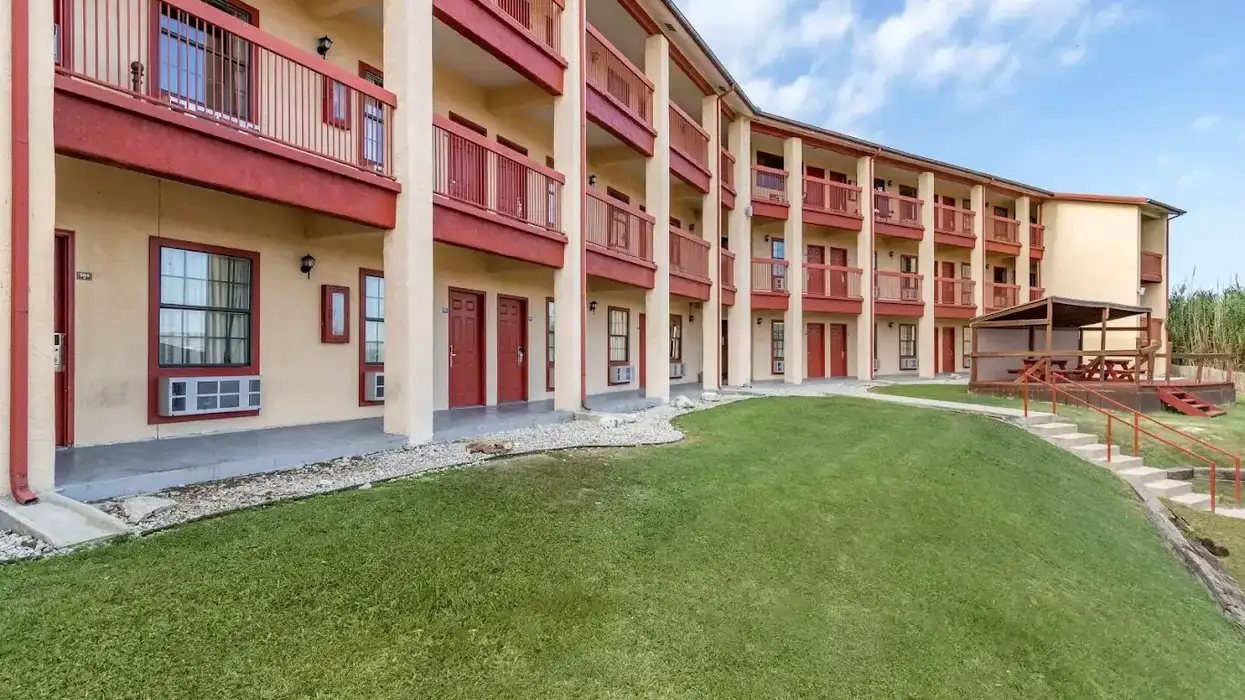NEGOTIATIONS OVER THE next round of federal stimulus continue to falter, industry associations are redoubling their efforts to pressure Congress to act. Those efforts include a massive letter writing campaign.
Little progress had been made in talks between Democrats and Republicans since Sunday when Treasury Secretary Steven Mnuchin sent a new proposal from the administration for $1.8 trillion, authorized by President Trump.
House Speaker Nancy Pelosi said the issue is not with the dollar amount in the president’s proposed bill.
“It’s about the funding that it will go to. If it’s underwriting tax cuts for the wealthiest while depriving the working low-income people, you see the unfairness of it all,” she said in an interview with MSNBC that she also tweeted. “We all want to have an agreement. My message is out there, help is on the way. We want it safer, we want it bigger and it will be retroactive.”
To solve the problem, however, the coronavirus must be crushed, Pelosi said.
In the meantime, AAHOA has completed its “10,000 Letters, One Purpose” campaign to send more than 10,000 letters to Congress and the Trump administration in 24 hours. The initial goal was achieved within hours of the campaign’s launch, leading the association to urge more members to write their representatives.
“Over half of America’s hotels are at risk of foreclosure because of the pandemic,” said Cecil Staton, AAHOA president and CEO. “Hoteliers are being pushed to the brink while Washington politicians play games with vital funding. Every day that passes, hard working hospitality workers lose their jobs, and hotel owners lose their businesses. It’s time for our leaders to step up for the small businesses and their employees that are being crushed by the pandemic and deliver a meaningful stimulus package.”
In their letters, AAHOA members and those they recruit to join the campaign focus on the five most important components for the next stimulus: a second round of Paycheck Protection Program loans for small businesses; more resources for the Economic Injury Disaster Program; temporary relief from troubled debt restructurings through Jan. 1, 2023 to ease pressure on borrowers; a resolution to the commercial mortgage-backed security loan crisis; and allowing hoteliers access the Main Street Lending Program.
The U.S. Travel Association threw its support behind a new piece of legislation introduced into the Senate this week, the Hospitality and Commerce Job Recovery Act of 2020. The bill is the type of targeted relief most needed by the travel industry, said Tori Emerson Barnes, USTA’s executive vice president of public affairs and policy.
“The [HCJR Act] includes a number of crucial measures to provide much-needed economic stability to millions of Americans whose livelihoods rely on travel and tourism while also helping drive demand to more quickly bring back the jobs that have been lost to the pandemic,” Barnes said. “The leisure and hospitality industry has suffered nearly 40 percent of all job losses nationwide, and a staggering 50 percent of all travel-supported jobs will be lost by the end of December if there is no federal intervention to provide aid. The bill’s targeted approach to providing tax incentives would ensure that these hard-hit businesses—including those in the meetings, events and entertainment segments—get the help they so desperately need to recover from this crisis.”
Members of Congress should also bear in mind that 90 percent of American voters support the passage of a stimulus package that supports distressed small businesses and employees, according to a survey from American Hotel & Lodging Association. The survey, conducted by Morning Consult, also found that 89 percent agree that Congress should remain in session until a deal is struck.
“Millions of Americans are out of work and thousands of small businesses are dying,” said Chip Rogers, president and CEO of AHLA. “It is well past time for our leaders in Washington to pass a stimulus bill to help these employees and businesses in the hardest-hit industries, including and especially, ours. It is unacceptable for Congress to adjourn without passing a bill.”
Other findings from the survey of 1,994 registered voters conducted Oct. 7-9 include:
- 50 percent selected travel and tourism as top two most affected industries
- 90 percent support Congress passing an economic stimulus bill to provide aid to small businesses and protect jobs that have been impacted by the economic downturn caused by the COVID-19 pandemic.
- 92 percent of Democrats, 87 percent of independents, and 89 percent of Republicans support another economic stimulus bill.
- 48 percent of voters say the COVID-19 pandemic is the most important issue for Congress to focus on right now.





